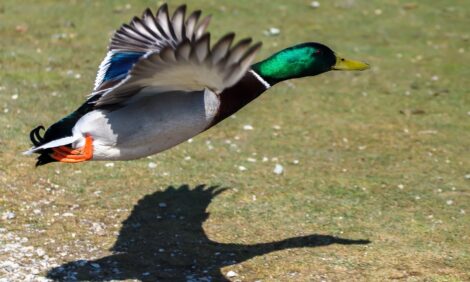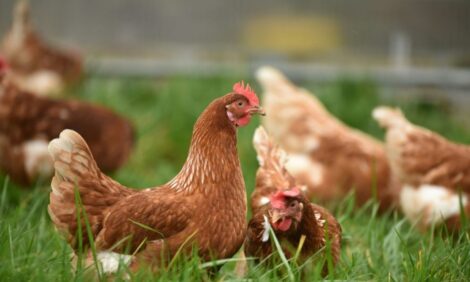



Weekly poultry digest: Canada revamps agriculture policy and bird flu outbreaks continue
Jim Wyckoff runs through everything from lab-grown chicken in Singapore to new coronavirus import protocols in China in this week's poultry digest.Major poultry industry headlines from around the world
Lab-grown chicken given the green light in Singapore
Singapore has approved the US start-up Eat Just to sell its lab-grown chicken meat, with the firm saying this is the world’s first regulatory approval for “clean meat” that does not come from slaughtered animals.
The “chicken bites” that were grown in a bioreactor fed on plant-based nutrients will be served in a posh restaurant. Josh Tetrick, the co-founder and CEO of Eat Just, says this will occur “in the very near-term.” Eat Just will manufacture the product in Singapore.
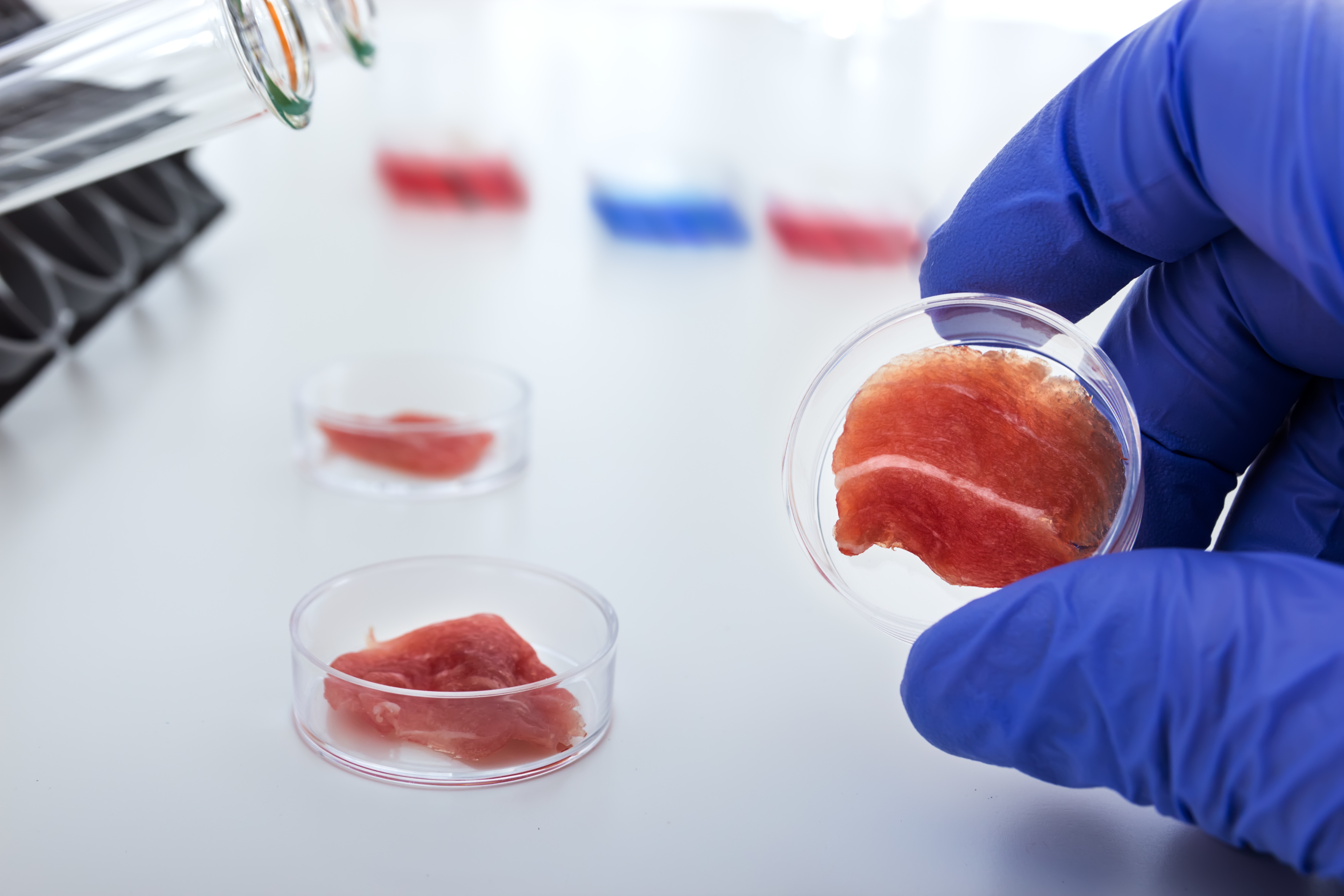
The San Francisco-based start-up is backed Singapore state investor Temasek and Hong Kong tycoon Li Ka-shing, among others. Producing cultured meat a costly endeavour and therefore the industry is in its early stages. There are around two dozen other firms working on lab-grown fish, beef and chicken around the world.
Netherlands, Sweden detect more avian bird flu
The Dutch Ministry of Agriculture, Nature and Food Quality has reported six findings of high pathogenic avian influenza (HPAI) at commercial poultry farms in the Netherlands.
So far, HPAI has not been detected in the main poultry production area in the Province of Gelderland. Nevertheless, the top two export markets for Dutch poultry meat, the Philippines and Ghana, have both imposed trade bans.
Meantime, on 17 November 2020, the Swedish Board of Agriculture reported a finding of avian influenza virus on a commercial poultry farm. The Swedish poultry sector exports only small volumes of broiler meat to non-EU destinations.
Canada adjusts dairy and poultry aid plan for those impacted by trade pacts
The Canadian government has narrowed its timeline to release the remaining C$1.4 billion ($1.1 billion) of federal aid to supply managed dairy farmers by about five years and set separate aid for poultry and egg producers.
The Ministry of Agriculture and Agri-Food had originally announced C$1.75 billion would be provided to compensate Canadian dairy farmers over eight years. Agriculture Minister Marie-Claude Bibeau said Saturday 28 November in Ottawa that after the initial C$345 million pay-out was awarded between December and January; it has now set a schedule to deliver the remaining funds in three years.
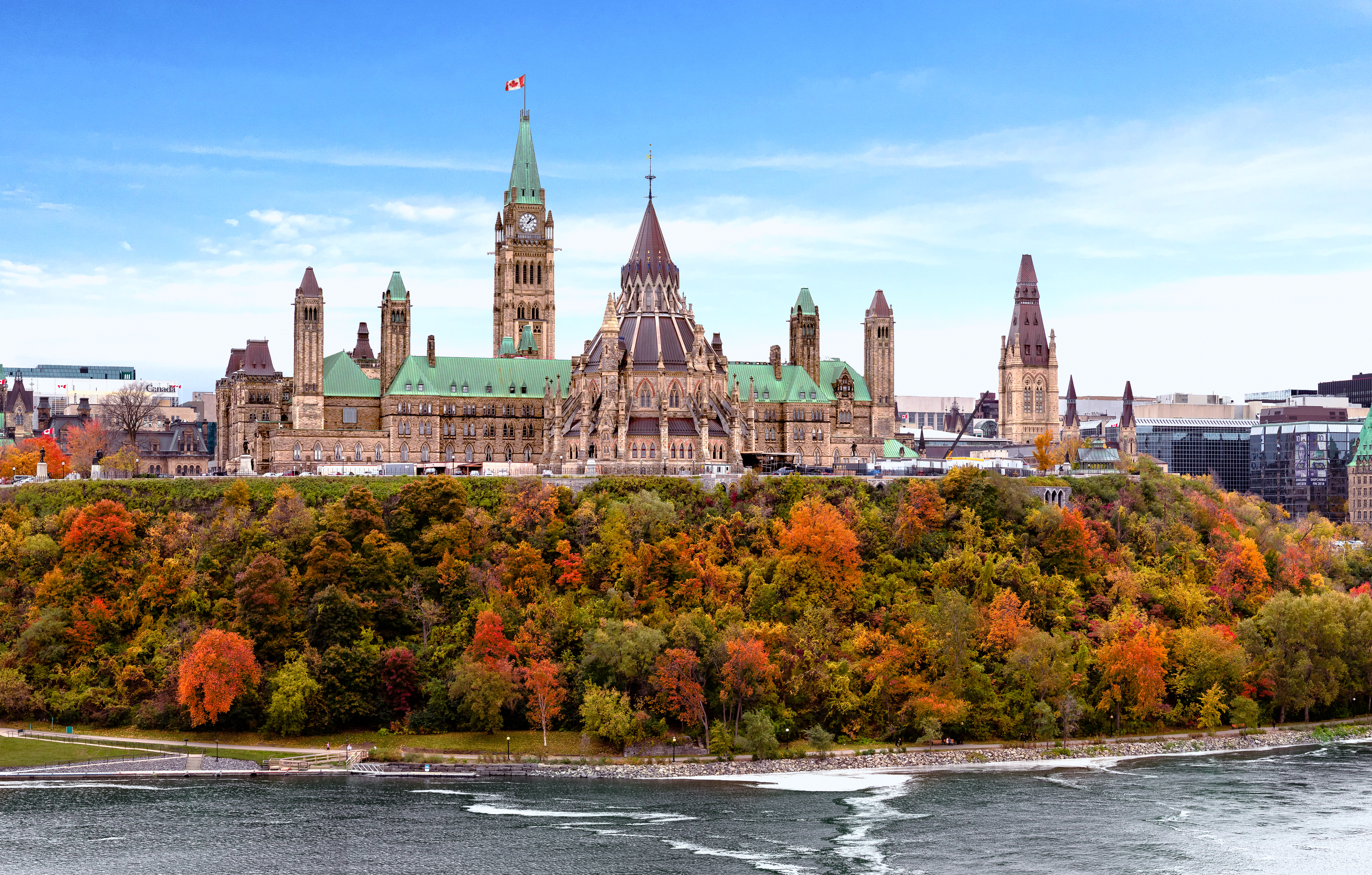
Canada has promised funds to dairy and poultry farmers whose market share was hurt by free trade deals with Europe and countries on the Pacific Rim. Dairy farmers will receive, on the basis of their milk quota, cash payments of C$468 million in 2020-21, C$469 million in 2021-22 and C$468 million in 2022-23.
“Our government is fully behind our supply management sector, which supports our family farms and the vitality of our rural areas,” Bibeau said in a statement.
“Today’s announcement of a substantial compensation package for our dairy, poultry and egg farmers shows our support for a strong supply management sector for many generations to come.”
Canada also announced C$691 million in funds for Canada’s chicken, egg, broiler hatching egg, and turkey producers.
“Farmers have waited a long time to see action on this file, and we believe that this is a step in the right direction,” said Brian Bilkes, chair of Canadian Hatching Egg Producers.
Major food and farm news
Global food prices hit highest level in nearly six years
Global food prices climbed 3.9 percent from October to November, with prices now 6.5 percent above year-ago levels, according to the Food and Agriculture Organisation of the United Nations’ (FAO’s) Food Price Index.
The 4-point November rise marked the biggest month-to-month climb since July 2012, and the index hit its highest level since December 2014 at 105 points.
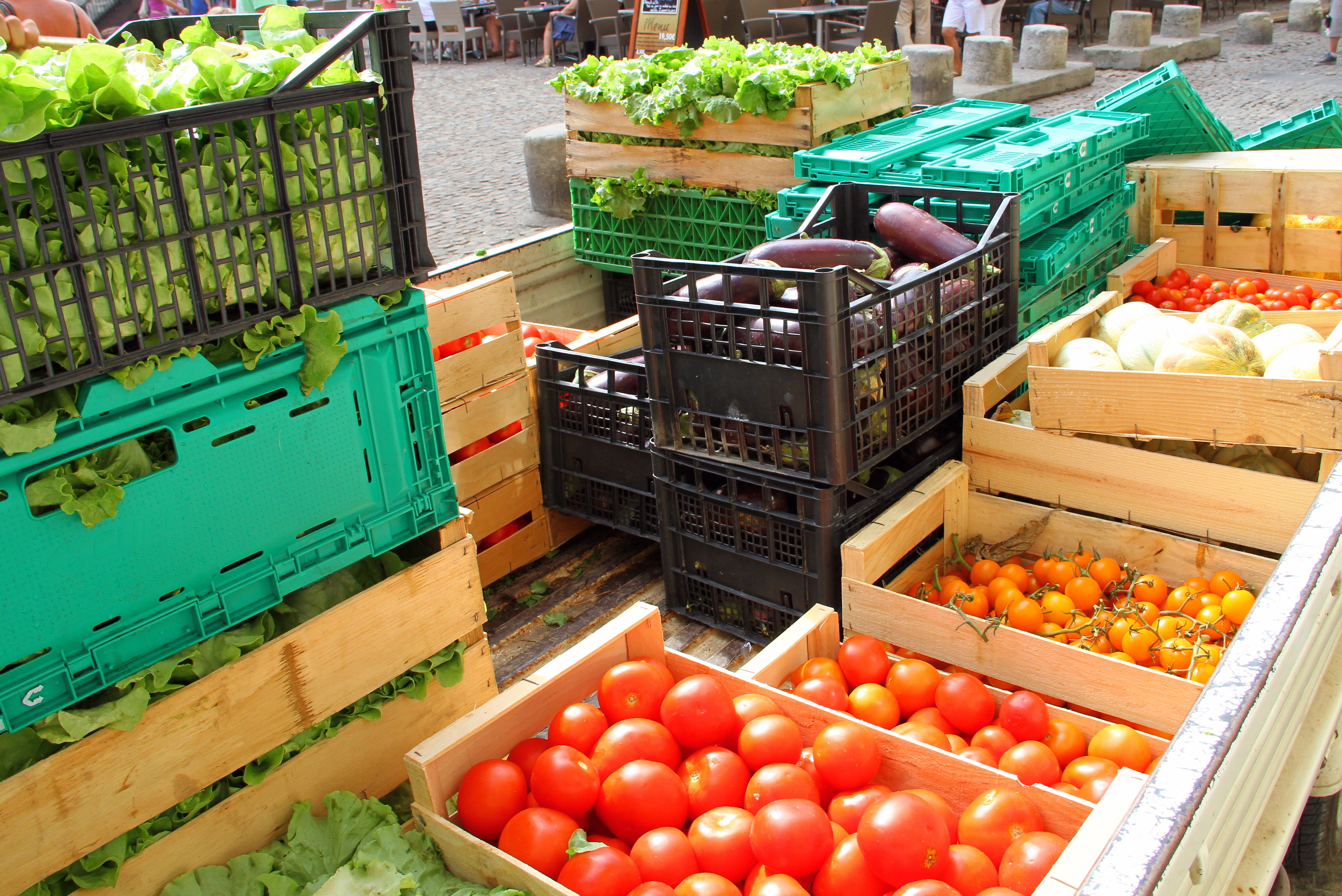
FAO reports, “All sub-indices of the FFPI registered gains in November, with the vegetable oil sub-index rising the most, followed by those of sugar, cereals, dairy and meat.”
This comes as the pandemic and responses to it have heightened concerns about food security and inflation.
China heightens scrutiny of cold chain foods
“The current epidemic prevention and control situation is still complex and austere, and the risk of the disease entering through imported cold chain links is continuously rising as the exchange of international personnel and goods increases," China’s market regulator said in a statement on its website.
Beijing has increased inspections of food importers, supermarkets e-commerce platforms and restaurants relative to cold chain products. The administration will require authorities to have all cold storages registered by year-end, and it reiterated that cold-chain food products cannot be sold within China without a report showing they have undergone a nucleic acid test for the virus.
This has driven up costs, upended trade and trimmed consumer demand. Global health authorities say the risk of getting COVID-19 from food is very low.
Biden will not immediately end China tariffs
Joe Biden told the New York Times he will seek to review the existing Phase 1 agreement between the US and China and would not immediately remove the tariffs the Trump administration put in place on China.
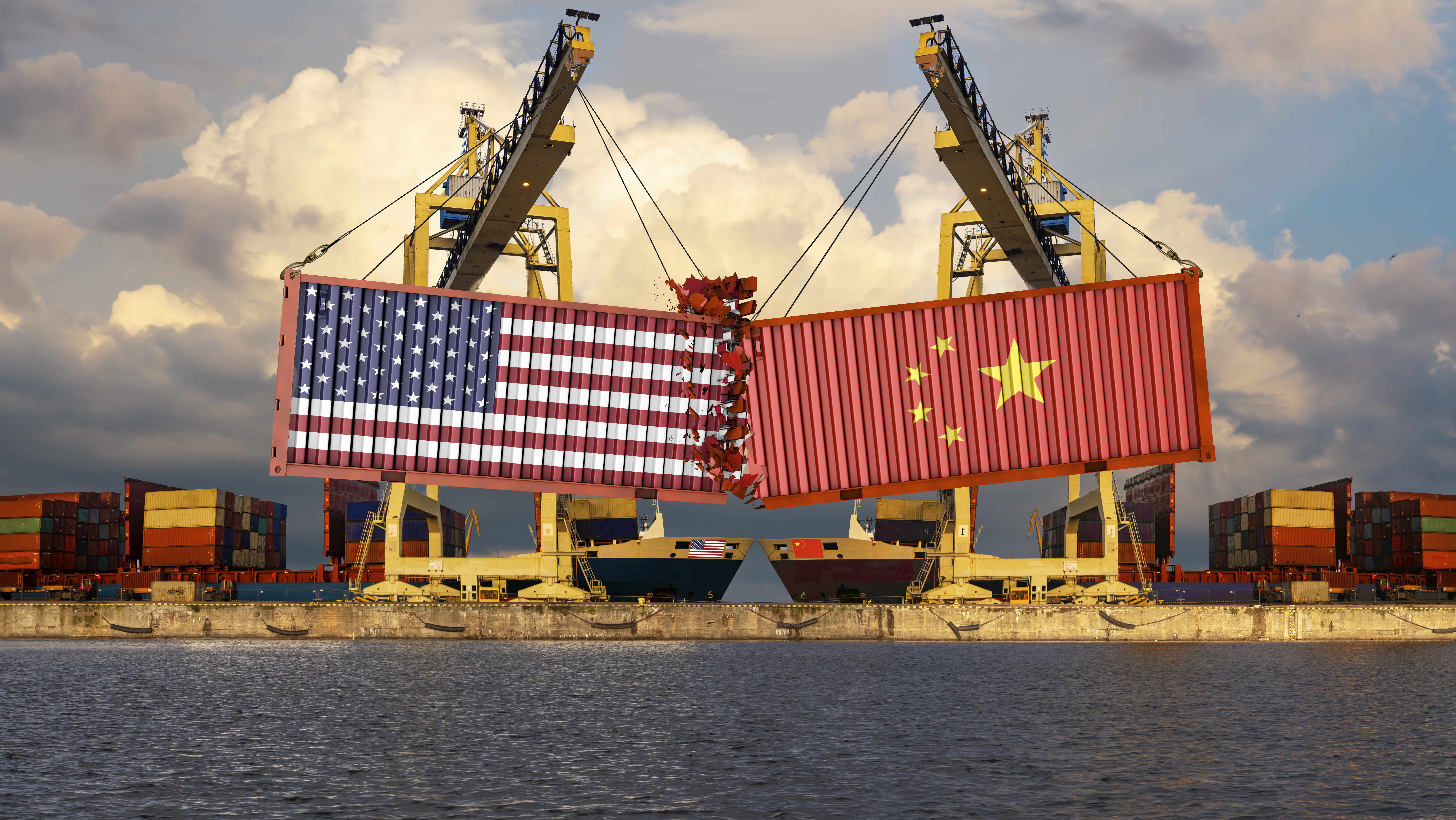
While Trump was focused on the trade deficit with China, Biden says his "goal would be to pursue trade policies that actually produce progress on China's abusive practices — that's stealing intellectual property, dumping products, illegal subsidies to corporations" and forcing "tech transfers" from American companies to their Chinese counterparts.
He also indicated, as expected, that his strategy will be to enlist US allies in taking on China. “The best China strategy, I think, is one which gets every one of our — or at least what used to be our — allies on the same page. It’s going to be a major priority for me in the opening weeks of my presidency to try to get us back on the same page with our allies,” Biden said.
Getting bipartisan consensus in the US relative to China is another tack Biden will take, seeking to build “leverage” over China. “I want to make sure we’re going to fight like hell by investing in America first,” Biden said.
He also confirmed what has been an expectation on new trade deals — they will not be a priority. “I’m not going to enter any new trade agreement with anybody until we have made major investments here at home and in our workers,” Biden told the Times, with those investments also to include education.
Read the latest updates on the global cattle industry on The Cattle Site and see Jim's latest Pig Outlook on The Pig Site.








